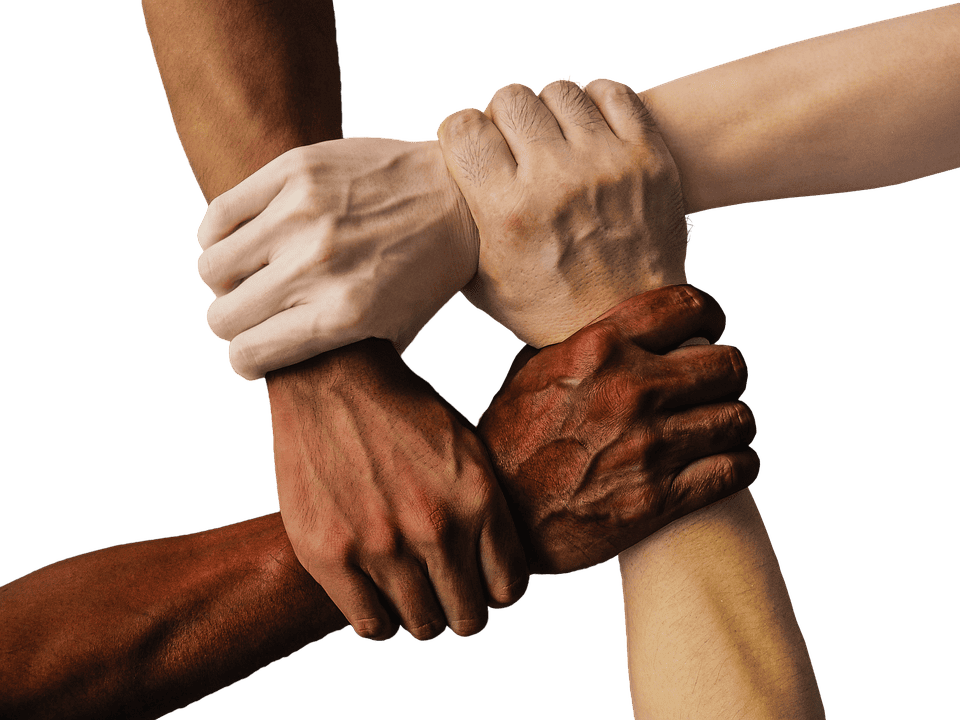[ad_1]
The Connection Between Hair Loss and Nutritional Deficiencies
Introduction
Hair loss is a common problem that affects millions of people worldwide, regardless of age or gender. While there are many factors that can contribute to hair loss, one of the most significant and often overlooked causes is nutritional deficiencies. In this article, we will explore the relationship between hair loss and nutritional deficiencies and discuss how a healthy diet can help prevent and treat hair loss.
What are Nutritional Deficiencies?
Nutritional deficiencies occur when the body doesn’t get enough essential nutrients from the food we eat. Essential nutrients are those that the body cannot produce on its own and must be obtained through diet or supplements. When the body lacks these nutrients, it can affect various bodily functions, including hair growth.
What Nutrients are Essential for Healthy Hair?
Several nutrients are essential for promoting healthy hair growth, including:
- Protein – Hair is primarily made of protein, so a lack of protein in the diet can lead to hair loss.
- Vitamin A – Helps to produce sebum, an oily substance that moisturizes the scalp and keeps hair healthy.
- Vitamin D – Helps to stimulate hair follicles, promoting healthy hair growth.
- Vitamin E – Helps improve blood circulation to the scalp, promoting healthy hair growth.
- Biotin – A B-vitamin that helps promote healthy hair growth and prevent hair loss.
- Zinc – Helps to keep the hair shaft healthy and prevent hair loss.
How Nutritional Deficiencies Cause Hair Loss?
When the body lacks essential nutrients, it can affect the hair growth cycle, leading to hair loss. For example, low levels of protein can cause the hair to enter the resting phase of the growth cycle prematurely, leading to hair loss. Additionally, deficiencies in certain vitamins and minerals can affect the health of the hair follicle, resulting in weaker, more fragile hair that is more prone to breakage.
Common Nutritional Deficiencies that Cause Hair Loss
Several nutritional deficiencies are associated with hair loss, including:
Iron Deficiency
Iron is essential for healthy hair growth, as it helps to carry oxygen to the hair follicle. When the body lacks iron, it can lead to anemia, a condition characterized by fatigue, weakness, and hair loss. Iron deficiency is more common in women than men and is often due to heavy menstrual bleeding or inadequate dietary intake.
Vitamin D Deficiency
Vitamin D is essential for healthy bones, but it also plays a role in hair growth. Low levels of vitamin D have been linked to hair loss, and studies have shown that supplementing with vitamin D can help improve hair growth. Vitamin D deficiency is common, especially in regions with limited sunlight exposure.
Biotin Deficiency
Biotin is a B-vitamin that plays a crucial role in promoting healthy hair growth. Low levels of biotin have been associated with hair loss, and supplementing with biotin has been shown to improve hair growth in people with deficiencies. Biotin deficiency is rare, but it can occur in people who consume excess alcohol or have gastrointestinal disorders.
Can Nutritional Deficiencies be Treated?
Yes, nutritional deficiencies can be treated through dietary changes or supplements. If you suspect that your hair loss is due to a nutritional deficiency, it’s essential to speak with a healthcare professional to determine the underlying cause. They may recommend blood tests to identify any nutritional deficiencies and develop a treatment plan based on your individual needs.
Preventing Hair Loss through a Healthy Diet
Eating a healthy diet rich in essential nutrients can help prevent hair loss and promote healthy hair growth. Some tips for maintaining a healthy diet include:
- Eating a variety of fruits and vegetables to ensure you’re getting a range of essential nutrients.
- Including sources of lean protein, such as chicken, fish, or beans, in your diet.
- Incorporating sources of omega-3 fatty acids, such as fatty fish, flaxseeds, and chia seeds, to promote healthy hair growth.
- Avoiding excessive alcohol consumption, which can deplete the body of essential nutrients and lead to hair loss.
Conclusion
Nutritional deficiencies are a significant and often overlooked cause of hair loss. Eating a healthy diet rich in essential nutrients can help prevent hair loss and promote healthy hair growth. If you suspect that your hair loss is due to a nutritional deficiency, it’s essential to speak with a healthcare professional to determine the underlying cause and develop a treatment plan based on your individual needs.
Frequently Asked Questions (FAQs)
What are the common nutritional deficiencies that cause hair loss?
The common nutritional deficiencies that cause hair loss include iron deficiency, vitamin D deficiency, biotin deficiency, zinc deficiency, and protein deficiency.
Can nutritional deficiencies be treated?
Yes, nutritional deficiencies can be treated through dietary changes or supplements. If you suspect that your hair loss is due to a nutritional deficiency, it’s essential to speak with a healthcare professional to determine the underlying cause.
How can I prevent hair loss through a healthy diet?
You can prevent hair loss through a healthy diet by eating a variety of fruits and vegetables, including sources of lean protein, incorporating sources of omega-3 fatty acids, and avoiding excessive alcohol consumption.
[ad_2]

